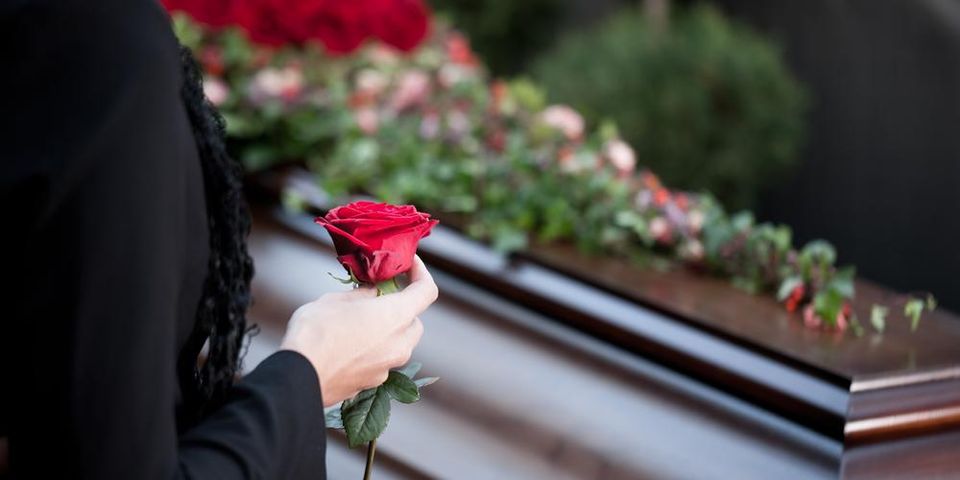5 Different Funeral Traditions Based on Religion

Religion plays a significant role in many people's daily lives, but it often becomes even more important when it comes to funerals. Rites vary widely among different religions, so you may not know what to expect when attending the service of someone from another faith. To prepare, learn more about each religion's practices below.
How Funeral Traditions Vary by Religion
1. Judaism
If possible, Jewish funerals should take place within 24 hours of death. However, they can't occur on the Sabbath or a religious holiday. During the service, mourners wear an outer garment, which they tear in grief in an ancient tradition called "kriah." They then join a funeral procession to the temple for eulogies and prayers. Following the service, first-degree relatives take part in a week-long mourning rite called "sitting shiva," during which the damaged garment is worn in memory of the departed.
2. Islam
As with Judaism, Islamic tradition requires burial as soon as possible. Organ donation is encouraged to benefit mankind, although autopsies, cremation, embalming, and cosmetics aren't permitted. Before the funeral, the body is washed three times and shrouded in large, white sheets. There's no viewing, but mourners gather and join in group prayers, facing Mecca inside the mosque.
3. Christianity
 Christian funerals usually consist of prayer offerings followed by a brief sermon and the reading of Biblical passages. Friends and family dress up out of respect, and some rise to share memories of the departed. Additionally, the pastor or a close friend or family member typically reads a eulogy. The person who has passed is usually buried in consecrated ground or cremated, and a reception with food typically follows the service.
Christian funerals usually consist of prayer offerings followed by a brief sermon and the reading of Biblical passages. Friends and family dress up out of respect, and some rise to share memories of the departed. Additionally, the pastor or a close friend or family member typically reads a eulogy. The person who has passed is usually buried in consecrated ground or cremated, and a reception with food typically follows the service.
4. Buddhism
In the Buddhist tradition, a portrait of the departed hangs near the casket and acts as a centerpiece. An altar is then erected near an image of Buddha as a place of offerings, including flowers, fruit, and lighted candles and incense. In this religion, no rules govern timing for funerals, and cremation is typically favored over burial. Service rites include prayers, the chanting of verses, and a ceremony conducted by robed monks.
5. Hinduism
White is the color of mourning at Hindu funerals, and attendees dress casually and comfortably. There will typically be an open casket at the service, and mourners are expected to view the body. A priest will then lead hymns and the recitation of mantras before offerings are made to the gods on behalf of the departed.
If you recently lost a loved one and need assistance with funeral arrangements, contact Porto Funeral Homes in New Haven County, CT. They’ve served New Haven County and the surrounding areas since 1931, specializing in both burial and cremation services. They also offer a wide selection of tasteful cremation urns and convenient funeral pre-arrangement planning. Visit their website to learn more about their company, or call (203) 467-3000 to reach the East Haven location and (203) 934-5000 for West Haven.
About the Business
Have a question? Ask the experts!
Send your question

